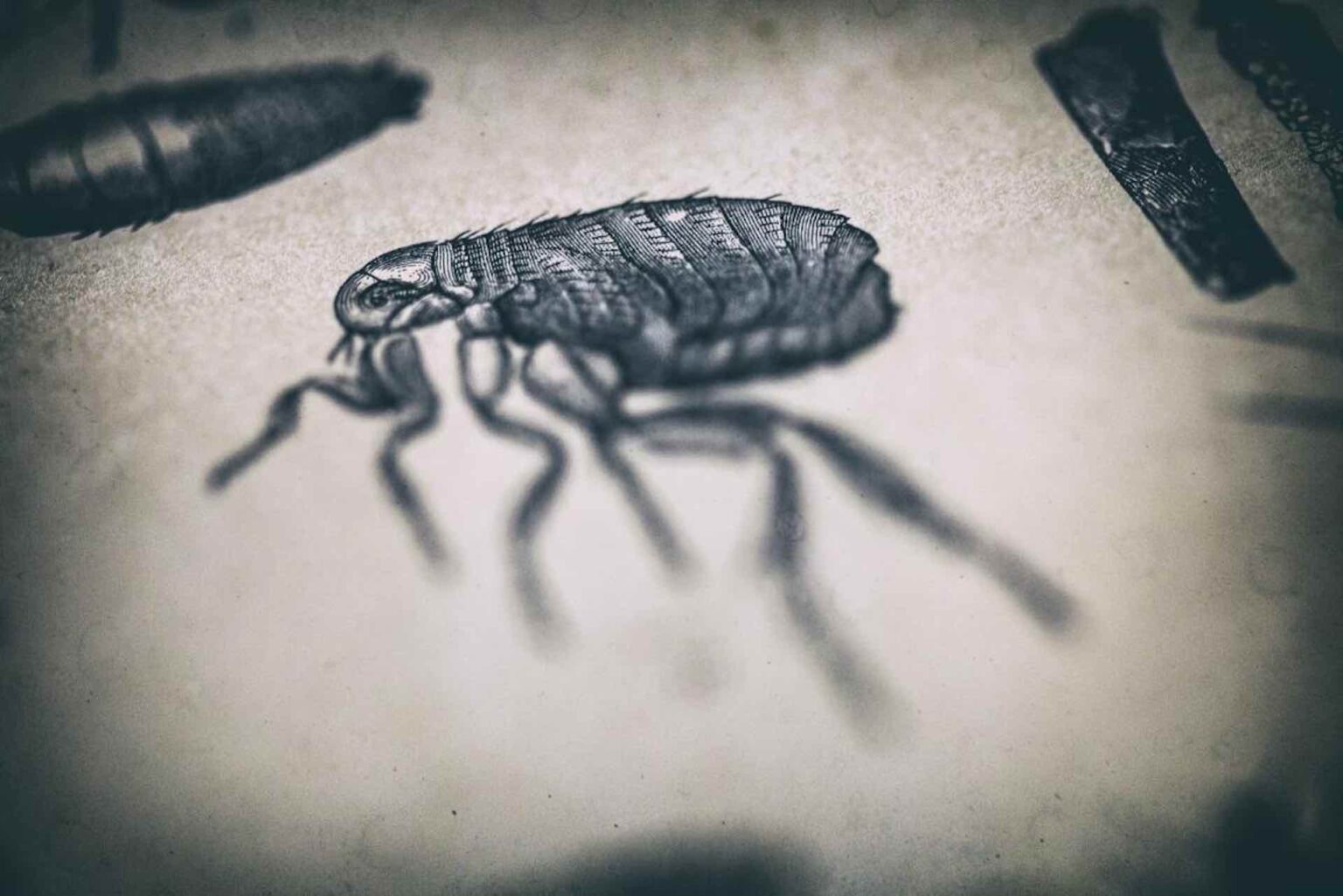
Coronavirus, now Bubonic plague? Is the black death a real concern?
Well if coronavirus wasn’t enough pestilence for one year now we have to deal with a potential revival of the deadliest outbreak in human history – the bubonic plague. Yes that’s right, the Black Death is among us once again.
Bubonic plague however, is one disease we know how to deal with. While it’s vital that anyone infected with the plague seek treatment immediately, with the right antibiotics most people recover in a week or two. Several plague cases have been reported in China and now in the US one squirrel has also tested positive for the disease. Here are the details on the bubonic plague cases we’ve seen so far.

China’s plague cases
China’s progress in the coronavirus pandemic had been going well as the country reported near zero new cases in early July. However, the country was then struck with news that a plague case had surfaced in the Inner Mongolia Autonomous Region. The patient was immediately quarantined and remained in stable condition.
Plague can be fatal to up to ninety percent of infected individuals if not properly treated. China has largely eradicated the bubonic plague though it does experience the occasional case, especially with residents who hunt frequently and are more likely to come in contact with fleas carrying the bacterium.

China took the news of a new plague case very seriously and has asked that any resident showing signs of infection should send for treatment immediately. A health official stated in China Daily, “At present, there is a risk of a human plague epidemic spreading in this city. The public should improve its self-protection awareness and ability, and report abnormal health conditions promptly.”
Another China plague case involving a fifteen-year-old boy who ate raw marmot meat ended in the boy’s death. All other family members and anyone who came in contact with the boy were isolated and treated with antibiotics. The government then imposed a quarantine on the Gobi-Altai province where the incident occurred.

Colorado’s plague cases
The next news of a plague case cropped up in Colorado when a squirrel tested positive for bubonic plague. The squirrel was found in the Town of Morrison in Jefferson County, Colorado. The plague case marks the first for Jefferson County. The squirrel was found among fifteen other dead squirrels who are all presumed to have plague as well.
Bubonic plague has been in Colorado since the 1940s and can typically be found in the rodent population. State public veterinarian Dr. Jennifer House stated,“While we see most plague activity during the summer, the disease can be found in rodents year-round and sometimes spills over into other wildlife species as well as domestic cats and dogs.”
Dogs are less susceptible to infection though they can bring in fleas carrying the plague. Cats are more likely to be infected and can die if not treated with antibiotics. As for humans, the disease can be passed through flea bites, the droplets from an infected animal’s cough, or through direct contact with an infected animal’s blood or tissue.
Taking precautions
Health officials have told the Colorado public that only normal precautions are needed to avoid possible infection. It’s recommended that domestic animals be kept inside as much as possible and for residents to eliminate any sources of food or shelter for wild animals on their property, particularly if they live in more rural areas.
Anyone experiencing possible bubonic plague symptoms such as high fever, chills, headache, nausea, and painful swelling of the lymph nodes should seek treatment immediately. A statement by Jefferson County Public Health has said that, “Risk for getting plague is extremely low as long as precautions are taken.”




